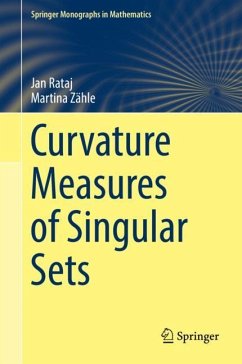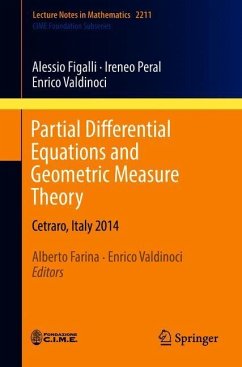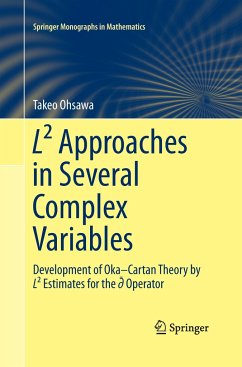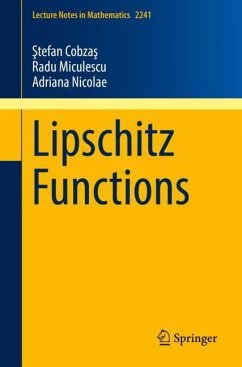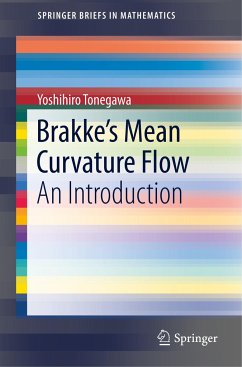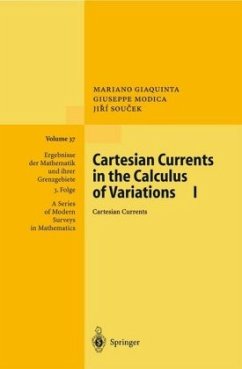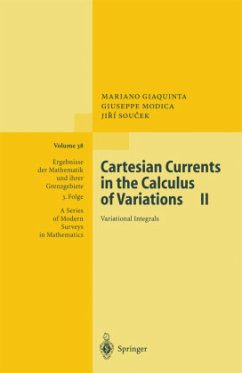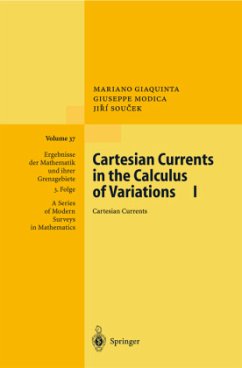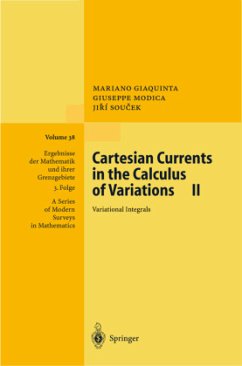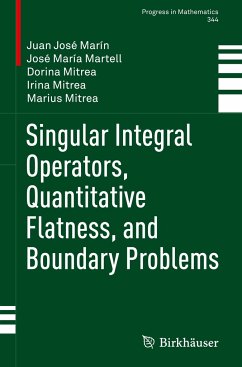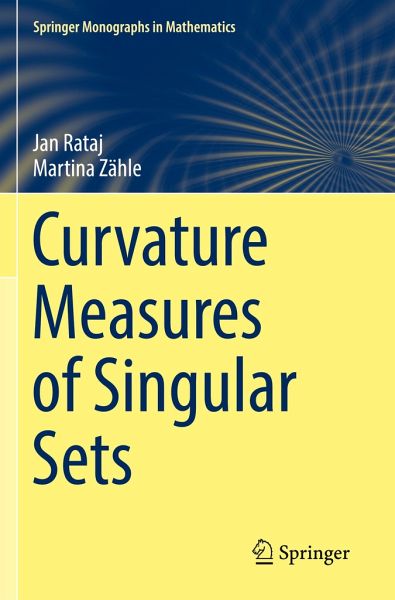
Curvature Measures of Singular Sets
Versandkostenfrei!
Versandfertig in 6-10 Tagen
98,99 €
inkl. MwSt.
Weitere Ausgaben:

PAYBACK Punkte
49 °P sammeln!
The book describes how curvature measures can be introduced for certain classes of sets with singularities in Euclidean spaces. Its focus lies on sets with positive reach and some extensions, which include the classical polyconvex sets and piecewise smooth submanifolds as special cases. The measures under consideration form a complete system of certain Euclidean invariants. Techniques of geometric measure theory, in particular, rectifiable currents are applied, and some important integral-geometric formulas are derived. Moreover, an approach to curvatures for a class of fractals is presented, ...
The book describes how curvature measures can be introduced for certain classes of sets with singularities in Euclidean spaces. Its focus lies on sets with positive reach and some extensions, which include the classical polyconvex sets and piecewise smooth submanifolds as special cases. The measures under consideration form a complete system of certain Euclidean invariants. Techniques of geometric measure theory, in particular, rectifiable currents are applied, and some important integral-geometric formulas are derived. Moreover, an approach to curvatures for a class of fractals is presented, which uses approximation by the rescaled curvature measures of small neighborhoods. The book collects results published during the last few decades in a nearly comprehensive way.





